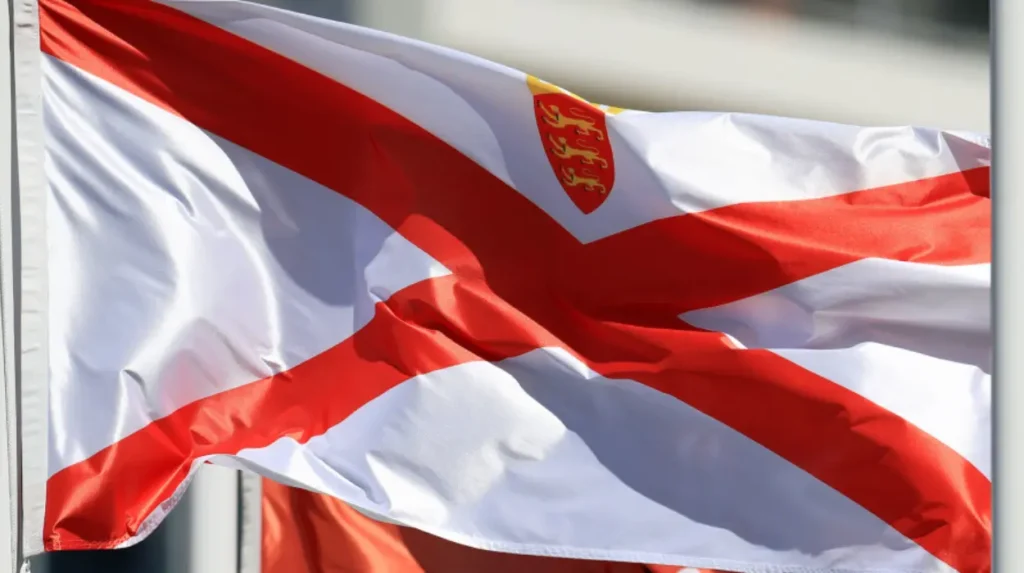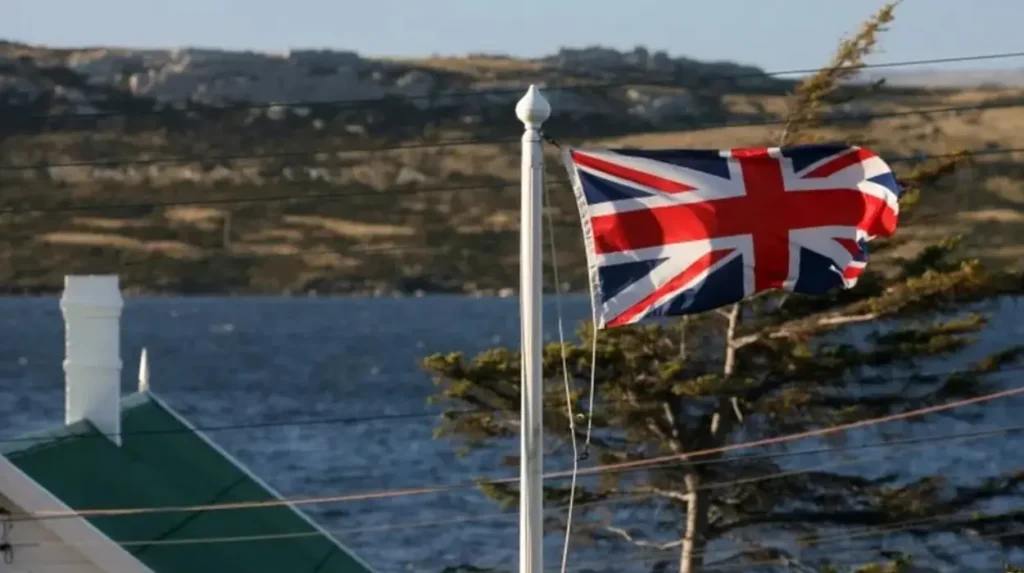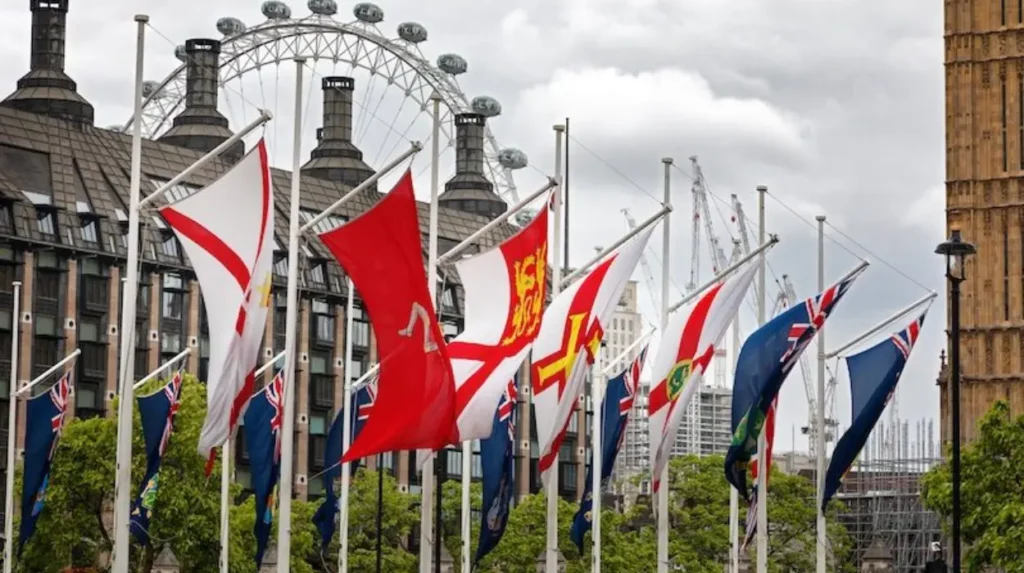According to the Library of Congress, these territories consist of three areas with a close association with the British Monarchy: the Isle of Man, Jersey, and Guernsey. They are not in the UK proper, yet their peculiar constitutional arrangement with the United Kingdom is due to historical reasons. This peculiar association is based on political and constitutional ties performed by political agreements developed over several hundreds of years.
People easily confuse Crown Dependencies with areas of the UK even though they are each developing their own system of government and their own laws. The legal and political position of Crown Dependencies will be clearer when we look at how the dependencies interrelate with the Crown rather than the UK Parliament.
What is a Crown Dependency?
A Crown Dependency is defined as a self-governing territory that is not a sovereign state but is under the sovereignty of the British Crown. In practice this means that the king is the head of state of the territory, but it is not governed by the UK government. Each Crown Dependency has its own legislature, administration, and legal system. While they have public responsibilities with the UK, mostly for defense and foreign relations, very few domestic matters are decided with the UK government. Their situation is uncommon in difficult situations, different from British Overseas Territories, and different from the regions of the UK.

List of the Crown Dependencies
The three Crown Dependencies are:
- Isle of Man—located in the Irish Sea, between England and Ireland.
- Bailiwick of Jersey—which is the largest of the Channel Islands.
- Bailiwick of Guernsey—which comprises the island of Guernsey and several smaller islands.
While all three are geographically close to the British Isles, none of them are politically a part of the United Kingdom. Each has a history that predates its current constitutional arrangements and centuries of tradition and separation from self-governance from the UK, including laws and UK legislation.
Are Crown Dependencies Part Of The UK?
In simple terms, the answer is no. Crown Dependencies are not legal entities or parts of the United Kingdom. They are on the borders of the British Crown, but they are not represented in the UK Parliament and are not part of UK domestic legislation. The U.K. does not have the right to impose laws on them, although it could be used with their consent. However, although the Crown is considered sovereign (and indeed the Crown has ultimate constitutional authority), each dependency has historically rejected all forms of coercive power or law without their consent. They are often thought to be UK territories because of their intimate connection and use of the King as Head of State; however, from a legal perspective, each is separate from the legal union of England, Scotland, Wales, and Northern Ireland.
Legal and Political Position of Crown Dependencies
Crown Dependencies exist in a distinct legal and political environment separate from the United Kingdom and derive their authority directly from the British Crown. The Crown Dependencies have the authority to manage their own internal affairs without interference from the UK Parliament.
They make their own laws and taxes and work their own independent judicial systems. The UK is limited to defense and international representation matters, and only after consulting with the dependencies. This unique status preserves the dependencies’ autonomous arrangements while maintaining a constitutional connection to the Crown.
Constitutional relationship with the Crown
The constitutional relationship between the Crown Dependencies and the British Crown is a direct relationship and not a relationship that is undertaken through the UK Parliament. The King, as sovereign, has a representative role in the dependencies by appointing a lieutenant governor to act as the representative of the Crown.
This highlights that the UK Government is involved in dealing with the dependencies on issues of defense, international representation, etc. The dependencies have decided to not involve politics or interfere with the government of dependencies in its affairs, which includes the legislative powers to govern internal affairs of the Crown Dependencies. This autonomy to broadly govern domestic matters is an important part of the constitutional identity of the Crown Dependencies.

Self-Governance and Local Laws
The Crown Dependencies have local legislatures—Tynwald in the Isle of Man, the States Assembly in Jersey, and the States of Deliberation in Guernsey—that generate their own local laws in regard to areas like taxation, education, health care, and civil matters. The UK Parliament is generally not in the business of making laws for the Crown Dependencies unless asked to do so.
Their overall court systems also exclude UK courts, with their final appeal to the Judicial Committee of the Privy Council in London. The fact that the Crown Dependencies have considerable self-governing powers means that they have connections to the Crown but operate independently on almost all domestic matters.
Economic and Legal Separateness
The Crown Dependencies have their own taxation systems that differ, in many ways, from UK taxation policy. Their independence allows them to exercise control over their economies without republican interference from the United Kingdom. The Crown Dependencies also create their own laws and legal frameworks, many of which are based on Norman law due to historical continuity. Consequently, the Crown Dependencies will differ in legislation from the UK in areas such as business practice legislation, financial legislation, and trade policy. Being separate economically and legally signifies they are outside the political and administrative structure of the UK.
Citizenship and Passports in the Crown Dependencies
Those born in Crown Dependencies are British citizens and possess British passports. However, derivatives of their rights within the European Union have been in place until recent years, which are now altered after Brexit. As they share nationality with people in the UK, they do not have their citizenship rights, meaning their territories are part of the UK. The relationship with the British Crown provides nationality but remains separate in political boundaries. This aspect of the Crown Dependency community is often overlooked or confused by those not aware of their importance, which is understandable.
International Representation
The Crown Dependencies do not have independent seats in the United Nations or most other common international organizations. The UK provides representation of those in foreign affairs, but the dependencies can negotiate some agreements directly, usually some trade, tourism, or tax agreement. The UK always consults their governments before entering into an international treaty that may affect the dependencies directly.
This system has ensured that they have their autonomy but could leverage the UK advantages of their diplomatic network. Their lack of substantive international recognition is another point of variation with a sovereign state, a distinctly different type of nation.
Brexit and Implications for the Crown Dependencies
The Crown Dependencies were affected when the UK left the EU, in consideration of their involvement with the UK in international treaties. Since they were never members of the EU, the changes affected mainly trade, customs, and immigration, their governments negotiating particularities with the UK to assure the best protection of their economic interests. They are separate from the UK politically, as the distinct agreements required for Brexit demonstrate, but they are very closely associated with it.

Summary of Legal and Political Status
To summarize, Crown Dependencies are self-governing territories outside the United Kingdom but nonetheless are under the sovereignty of the British Crown. They each have their own parliaments, legal systems, and tax structures, while the UK is responsible for mainly defense and foreign relations. Their independence regarding their domestic affairs demonstrates their uniqueness compared to other jurisdictions having connections to Britain. They share the British monarch and nationality with the UK, but politically and constitutionally, they are not territories constitutionally part of the UK.


